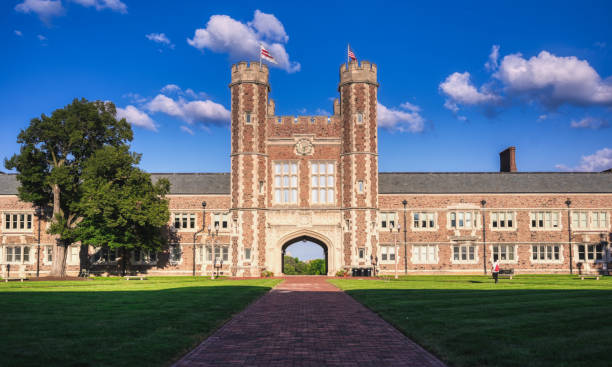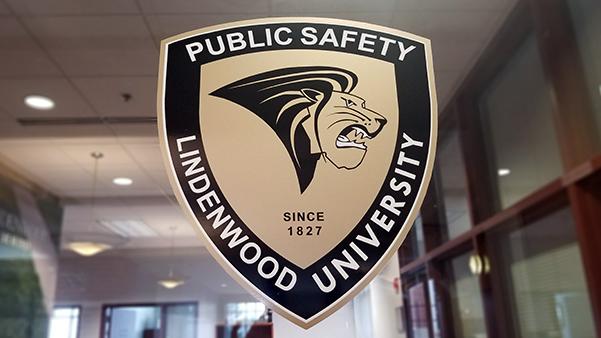Missouri politicians have proposed multiple changes to public education recently.
Rep. Jamie Gragg introduced one new bill, HB 2885, to Congress on Feb. 29, 2024.
This proposed bill says, “The offense of contributing to social transition is a class E felony.”
It defines social transition as anyone under 18 choosing to change their appearance through haircuts, clothing, new names, or pronouns that differ from their gender at birth.
In Missouri, a class E felony is punishable by up to 4 years in prison and the individual will be classified as a Tier I sex offender, meaning their name will remain on the sex offender registry for up to 15 years. Gragg’s older brother, Charles Gragg, Jr., a retired and disabled veteran, openly opposes this bill and has stated dismay at his younger brother’s support of what he calls “blatant hatred wrapped up in the guise of protecting children.”
Many expect this bill to die out in committee hearings, it is soon set to face voting in the state House of Representatives and then the Senate.
A less controversial bill, SB 727, recently passed a vote in the Senate. Senator Andrew Koenig sponsored SB 727, with multiple proposed changes to public education funding. This bill will expand the tax credits granted to students and low-income families in metropolitan areas to bridge the economic gap in accessing private education.
Essentially, families with lower incomes are stuck in low-income public school districts and the program MOScholars helped them bridge that pay gap. Previously, Missouri provided grants and scholarships for families in St. Louis, Jackson, St. Charles, Jefferson, and Clay counties. SB 727 will take the $50 million budget of MOScholars up to $75 million annually.
However, this new bill is not without its flaws. Dr. Kyle Kruse, superintendent of the St. Clair R-XIII School District, stated that this will provide private schools with even more resources than public schools. For smaller school districts, the budget is dependent on federal or state funding since they have a low tax income compared to big school districts in wealthier areas.
SB 727 does have some changes to public school funding in low-income districts, but overall is meant to help families access private education without worrying about the cost.
EMissourian wrote that in the new state-aid formula to evaluate the district’s needs, “the state would use enrollment numbers instead of attendance.”
As of March 14, 2024, SB 727 has passed the vote in the MO Senate and now will be voted on in the MO House of Representatives.














